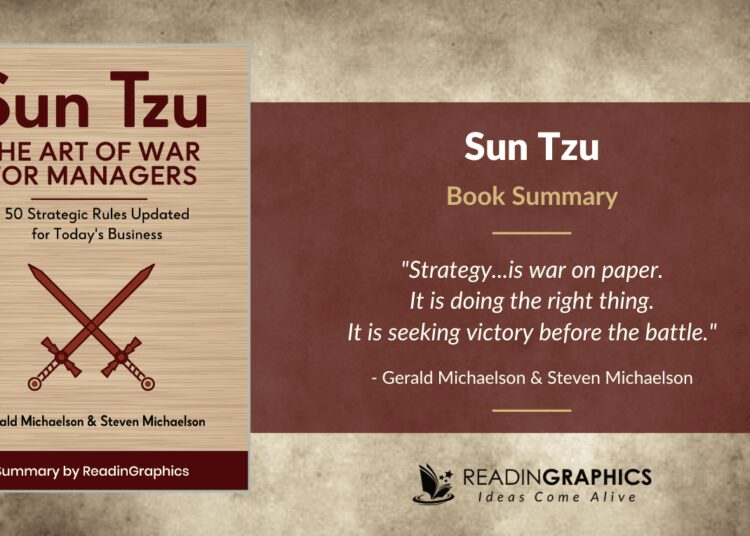The Art of War, written by Sun Tzu in the 5th century BC, is a classic Chinese military treatise that has had a lasting impact on military strategy, business tactics, and leadership principles. Sun Tzu’s teachings emphasize the importance of preparation, adaptability, and the element of surprise in warfare. His concept of winning without fighting has been applied in various fields, showcasing the timeless relevance of his wisdom. The Art of War continues to inspire and guide leaders, entrepreneurs, and strategists, proving its enduring value in today’s dynamic and competitive world. Sun Tzu’s insights remain essential for anyone seeking to understand the art of strategy and leadership.
The Art of War: An In-Depth Look at Sun Tzu’s Timeless Military Strategy
Introduction
The Art of War is a classic Chinese military treatise written by Sun Tzu in the 5th century BC. It is one of the oldest and most influential works on military strategy in the world and continues to be studied and applied in various fields, including business, politics, and sports.
Background
Sun Tzu was a Chinese military strategist and philosopher who lived during the Spring and Autumn period of Chinese history. He was a general and military advisor to the King of Wu and his teachings were based on his experiences in battle and his observations of warfare.
Key Concepts
1. The Importance of Preparation
Sun Tzu emphasizes the importance of thorough preparation and planning before engaging in battle. He believed that victory is achieved before the battle is fought through careful strategy, reconnaissance, and intelligence gathering.
2. The Element of Surprise
Sun Tzu believed in the power of surprise and deception in warfare. He advocated for using tactics that would catch the enemy off guard and disrupt their plans, creating confusion and chaos on the battlefield.
3. The Importance of Adaptability
Sun Tzu stressed the importance of being adaptable and flexible in warfare. He believed that a successful general must be able to adjust their tactics and strategies according to the changing circumstances of the battlefield.
4. The Art of War without Fighting
One of the key principles of Sun Tzu’s teachings is the idea of winning without fighting. He believed that the ultimate goal of warfare is to achieve victory without bloodshed, through strategic maneuvering and psychological warfare.
Application
The Art of War has been studied and applied in various fields beyond the military. Its principles have been used in business strategy, negotiation tactics, and even sports coaching. Many successful leaders and entrepreneurs have credited Sun Tzu’s teachings with helping them achieve their goals.
Conclusion
The Art of War is a timeless and invaluable resource for anyone seeking to understand the principles of strategy and leadership. Sun Tzu’s teachings continue to inspire and guide leaders in various fields, proving that his wisdom is as relevant today as it was centuries ago.












